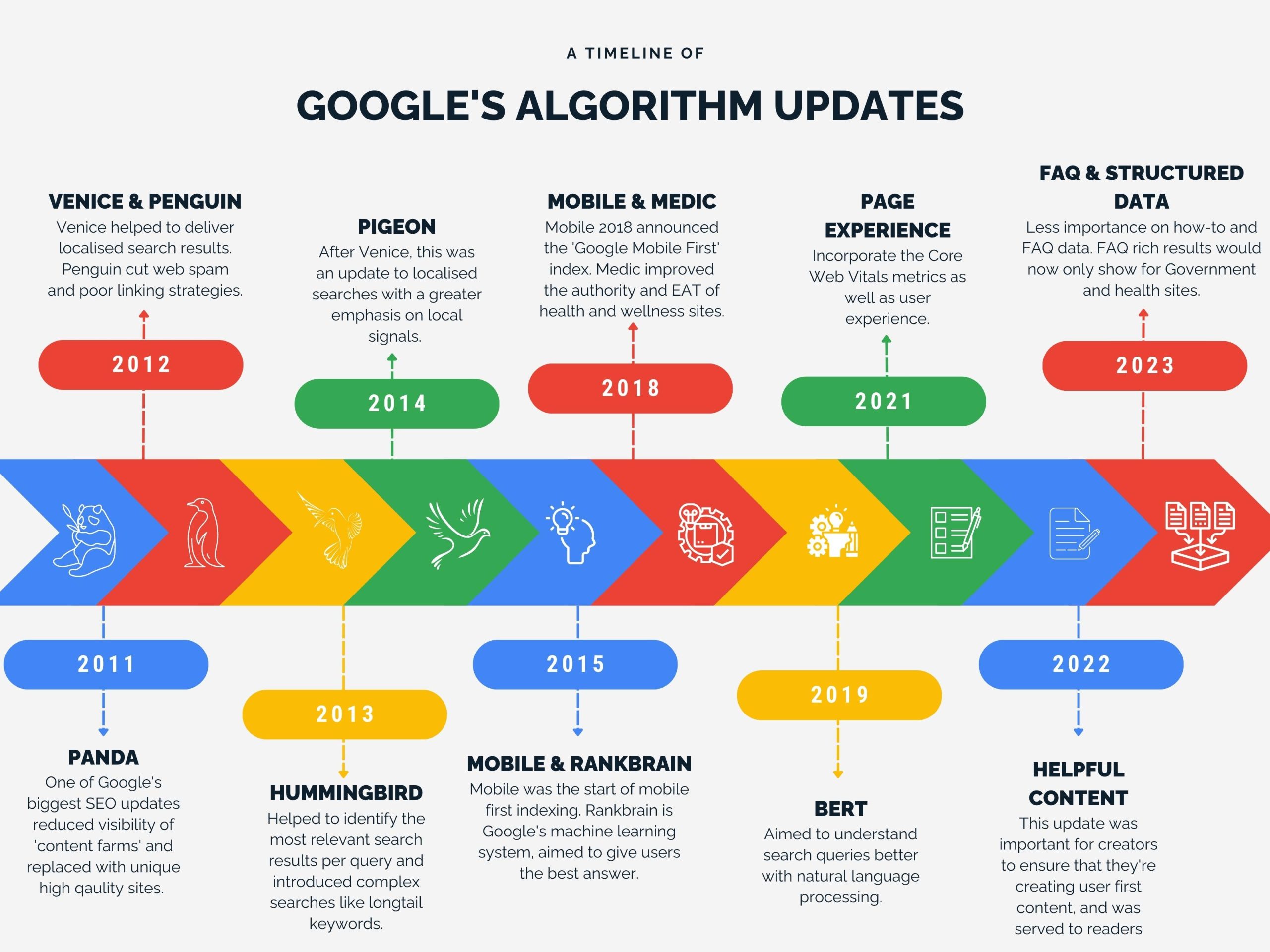
Navigating Success: Strategies for Digital Campaign Management
Digital campaign management is a critical aspect of online marketing, encompassing the planning, execution, and optimization of digital advertising efforts. In an era where digital presence is paramount, mastering effective campaign management strategies is essential for businesses aiming to thrive in the competitive digital landscape.
Understanding the Fundamentals of Digital Campaigns
At the core of successful digital campaign management lies a deep understanding of the fundamentals. Define clear objectives, identify target audiences, and establish key performance indicators (KPIs) that align with overarching business goals. A well-defined strategy serves as the foundation for effective campaign execution.
Crafting Compelling Content: The Heart of Digital Campaigns
Compelling content is the lifeblood of any successful digital campaign. Tailor your messaging to resonate with your target audience, utilizing a mix of text, visuals, and multimedia elements. Engaging content not only captures attention but also prompts the desired actions from your audience.
Embracing Multichannel Approaches: Reaching Diverse Audiences
Diversify your digital campaign channels to reach a broader audience. From social media platforms and search engines to email and display advertising, a multichannel approach ensures your message reaches users across various online touchpoints. Each channel offers unique opportunities to connect with different segments of your target audience.
Data-Driven Decision Making: Leveraging Analytics for Optimization
In the realm of digital campaign management, data is a powerful ally. Utilize analytics tools to gather insights into user behavior, campaign performance, and conversion rates. Regularly analyze this data to make informed decisions, optimize campaign elements, and refine your strategy for better results.
Adapting to Trends: Staying Relevant in a Dynamic Landscape
The digital landscape is constantly evolving, with new trends and technologies emerging regularly. Stay abreast of industry trends, be it the latest social media features, advancements in ad tech, or changes in search engine algorithms. Adapting to these trends ensures that your digital campaigns remain relevant and effective.
Budgeting and Allocation: Maximizing ROI
Effectively managing your budget is crucial for maximizing return on investment (ROI). Set realistic budgets based on campaign goals, allocate resources strategically among different channels, and continuously monitor spending. This approach enables you to optimize campaigns for cost-efficiency while achieving desired outcomes.
Automation for Efficiency: Streamlining Campaign Processes
Embrace automation tools to streamline campaign processes and enhance efficiency. Automation can assist in tasks such as ad scheduling, audience segmentation, and reporting. By automating repetitive tasks, your team can focus on higher-level strategic activities, leading to more effective campaign management.
Testing and Optimization: A Continuous Improvement Cycle
Digital campaign management is an iterative process that thrives on testing and optimization. Conduct A/B testing on various elements, including ad copy, visuals, and targeting parameters. Analyze the results, identify successful strategies, and apply these learnings to continuously refine and optimize future campaigns.
Transparent Communication and Collaboration: Key to Success
Effective communication and collaboration are paramount in digital campaign management. Foster transparent communication within your team, ensuring that everyone is aligned with campaign objectives and timelines. Collaborate seamlessly, drawing on the expertise of team members from various disciplines, such as creative, analytics, and strategy.
In the dynamic landscape of digital marketing, mastering the art of campaign management is essential for sustained success. For more insights on Digital Campaign Management, visit writemyessay-site.com.




